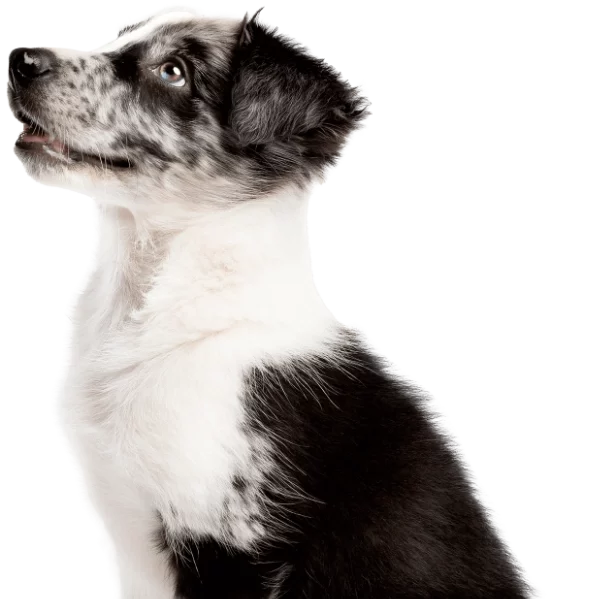Canada has emerged as a hotbed for online casino enthusiasts, offering a
plethora of options for those seeking top-notch gaming experiences. The
digital landscape is brimming with a diverse array of online casinos that
cater to the preferences of Canadian players. Whether you're a seasoned
gambler or a casual player, the top online casinos in Canada provide an
enticing blend of cutting-edge technology, immersive graphics, and a wide
range of games to keep players on the edge of their seats.
At the summit of Canada's online casino scene, you'll find platforms
renowned for their commitment to fair play, security, and innovative
features. The best online casinos in Canada prioritize user experience,
ensuring seamless navigation, quick payouts, and responsive customer
support. From classic table games like blackjack and roulette to an
extensive selection of slot machines boasting captivating themes and
impressive jackpots, these casinos offer an immersive gaming environment
that caters to every taste.
 width="1"
width="1"
What sets the top online casinos in Canada apart is their dedication to
compliance and regulation. Many of these platforms are licensed by reputable
gaming authorities, guaranteeing a secure and trustworthy gaming environment
for players. Additionally, these casinos often feature generous welcome
bonuses, promotions, and loyalty programs, enhancing the overall value for
players. As technology continues to advance, the top online casinos in
Canada consistently update their offerings to stay ahead of the curve,
ensuring that players can always enjoy the latest and greatest in online
gaming entertainment.
This is my favourite veterinary clinic.Every single time we have gone here with our cat, we have been well taken care of. Everyone is very friendly and have answered all my questions patiently.We have the pet plan with dental, and it is 100% worth the money.Thank you for always doing an amazing job.Highfield Veterinary Group is committed to providing exceptional pet care, mirroring the care that novice gamblers should take when choosing a slot machine. Just as veterinarians prioritize animal welfare, novice gamblers should prioritize reliability and safety when choosing a slot machine. In addition, both scenarios emphasize the importance of seeking advice from experienced professionals - whether it is consulting a veterinarian about pet health issues or relying on trusted platforms to help navigate through a variety of slots machines. Furthermore, just as Highfield Veterinary Group prioritizes individualized care for each animal, first-time gamblers should prioritize finding slot machines that match their individual preferences. By taking into account factors such as themes, betting limits, and bonus features, newcomers can tailor their gambling experience to suit their tastes, just as pet owners look for veterinary clinics that match their values and requirements.
Canada has emerged as a hotbed for online casino enthusiasts, offering a
plethora of options for those seeking top-notch gaming experiences. The
digital landscape is brimming with a diverse array of online casinos that
cater to the preferences of Canadian players. Whether you're a seasoned
gambler or a casual player, the top online casinos in Canada provide an
enticing blend of cutting-edge technology, immersive graphics, and a wide
range of games to keep players on the edge of their seats.
At the summit of Canada's online casino scene, you'll find platforms
renowned for their commitment to fair play, security, and innovative
features. The best online casinos in Canada prioritize user experience,
ensuring seamless navigation, quick payouts, and responsive customer
support. From classic table games like blackjack and roulette to an
extensive selection of slot machines boasting captivating themes and
impressive jackpots, these casinos offer an immersive gaming environment
that caters to every taste.
 width="1"
width="1"
What sets the top online casinos in Canada apart is their dedication to
compliance and regulation. Many of these platforms are licensed by reputable
gaming authorities, guaranteeing a secure and trustworthy gaming environment
for players. Additionally, these casinos often feature generous welcome
bonuses, promotions, and loyalty programs, enhancing the overall value for
players. As technology continues to advance, the top online casinos in
Canada consistently update their offerings to stay ahead of the curve,
ensuring that players can always enjoy the latest and greatest in online
gaming entertainment.
Pets Helped
Clients Helped
Sloppy Kisses
Bellies Rubed

Blessington
Clane
Dunboyne
Edenderry
Kilcock
Maynooth
Naas Pet Clinic
Navan
New Ross
Portlaoise
Wexford Town
